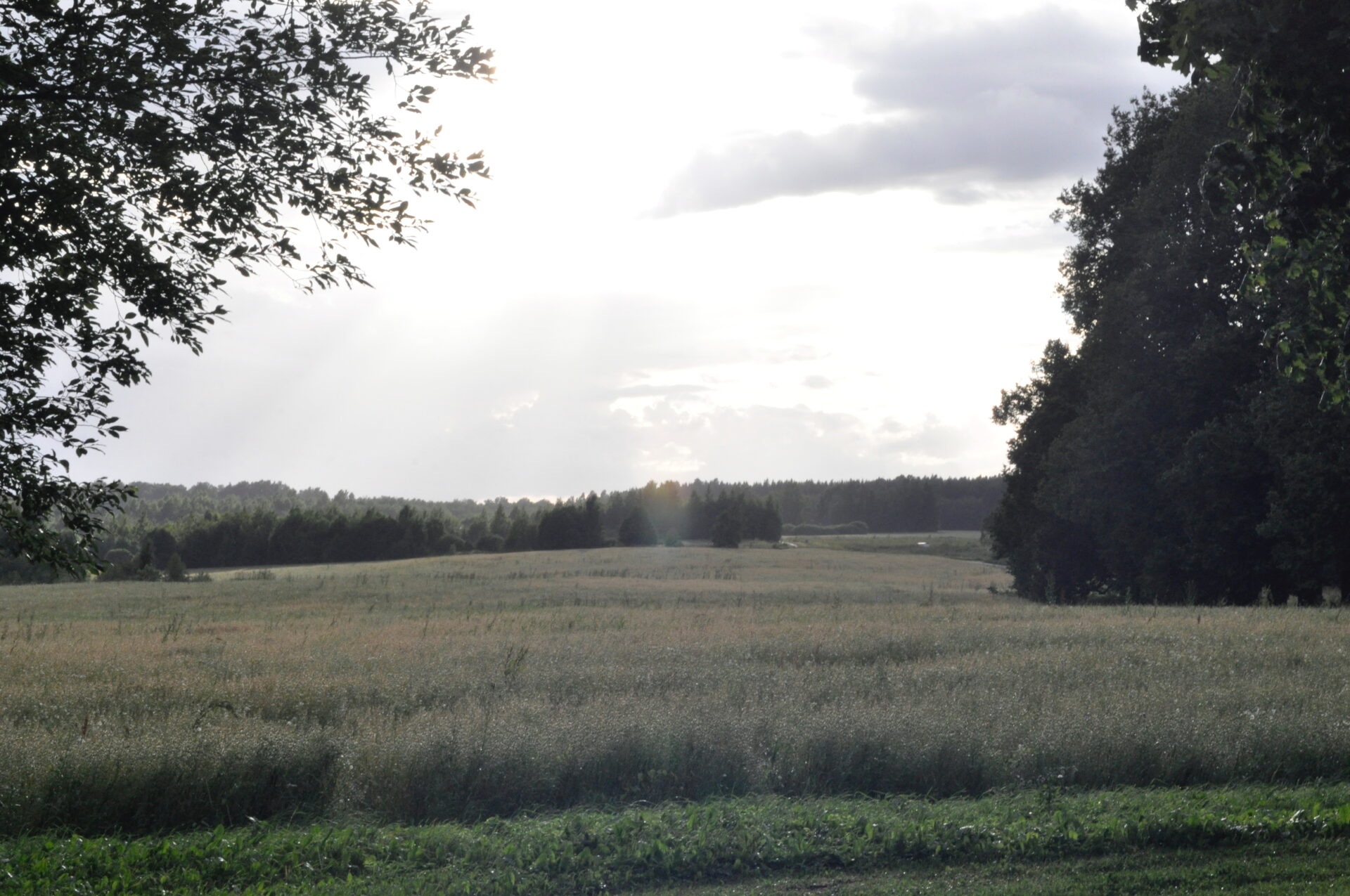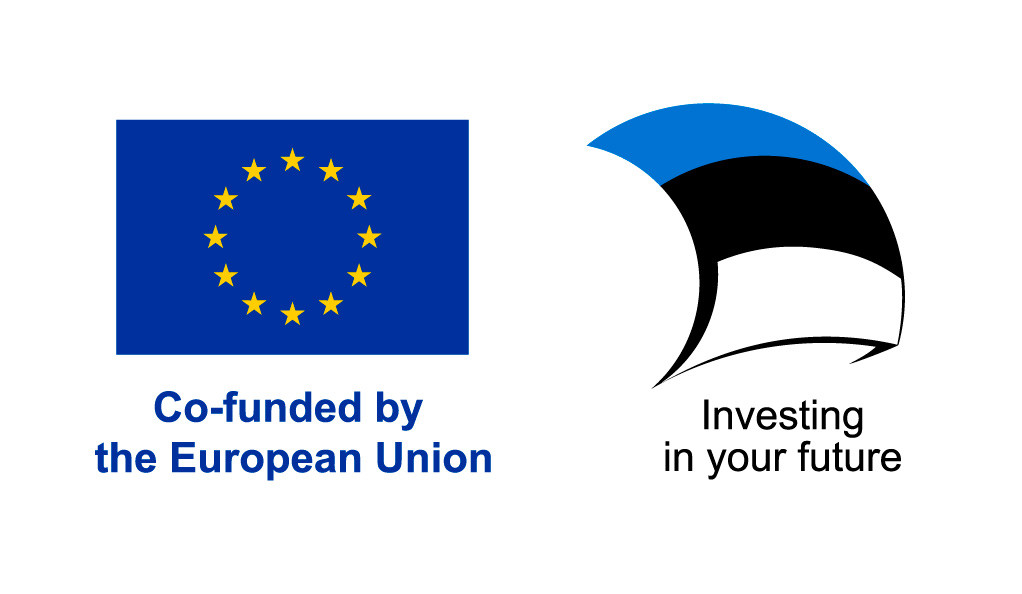- Home
- Circulars
- Programme
- Programme scheme
- Plenary talks
- Book of Abstracts
- List of symposia
- Symposium A.1: Power imbalance and hierarchies in Finno-Ugric studies
- Symposium A.2: Shifting and competing ideologies in minority language development and language maintenance
- Round-table: Finno-Ugric Studies meeting the People
- Symposium B.1: Prehistoric lexical layers in Saami and Finnic
- Symposium B.2: Perspectives on Saami with a particular focus on the smaller languages
- Symposium B.3: South Estonian within and beyond Uralic studies
- Symposium B.4: The size of Uralic nominals
- Symposium B.5: Verbalization of motion events in Uralic
- Symposium B.6: Grammatical Subjects and Objects in Uralic
- Symposium B.7: Clause combining in Uralic languages
- Symposium B.8: Epistemic categories in Uralic and beyond
- Symposium B.9: Discourse particles in the Uralic languages
- Symposium B.10: Marginal phonemes
- Symposium B.11: Prosody of Uralic languages
- Symposium B.12: Building diachronic corpora for minority languages
- Symposium C.1: Reappraising Public Representations of Finno-Ugric Identities
- Symposium C.2: The Possibilities of Studying Finno-Ugric Religions in a Changing World
- Symposium C.3: The winter in Finno-Ugric cultures
- Symposium C.4: Traditional Creation and Modern Experience in Folk Music Revival
- Symposium D.1: Transdisciplinary approach in the studies of the human past
- List of accepted papers
- Receptions
- Book presentations
- Venues
- Excursions
- Guided city walks
- Guided tour through the Estonian Literary Museum
- Introducing the University of Tartu Archives of Estonian Dialects and Kindred Languages (FULLY BOOKED)
- Excursion to Setomaa (FULLY BOOKED)
- Barge trip on the river Emajõgi (FULLY BOOKED)
- Guided tour to the Tartu KGB Cells Museum (CANCELLED)
- Guided tour to the A. le Coq Beer Museum
- Practical information
- About CIFU
- Appeal for South Estonian
- Gallery

Congressus XIV Internationalis Fenno-Ugristarum
Symposium C.2: The Possibilities of Studying Finno-Ugric Religions in a Changing World
Organizers: Art Leete, Laur Vallikivi (University of Tartu)
In the last decades, scholars from abroad have become accustomed to traveling to Russia and conducting research among Finno-Ugric communities, spanning from the lands of Karelia in the west to Yugra in the east. Despite occasional administrative constraints and harassment, our endeavors were, by and large, smooth and relatively convenient. However, this pattern was recently disrupted. The ongoing full-scale aggression war of Russia on Ukraine and the preceding COVID-19 pandemic have severely hindered our fieldwork efforts, vividly demonstrating that everything in the business of doing ethnography may change unexpectedly quickly. In principle, various crises can potentially obstruct our established research practices. Nevertheless, since the 1920s, this is the first time when things have changed so drastically for foreign social scientists conducting Finno-Ugric studies and relying on field research in Russia.
During ethnographic fieldwork, we strive to learn and experience local cultural phenomena by seeking to understand insiders’ viewpoints on the world. This methodological approach, aiming for cognitive and emotional closeness, distinguishes our scholarly efforts and makes them unique. We find this culturally intimate approach particularly significant when studying people’s cosmologies and religious practices. To comprehend Finno-Ugric religious worlds, it is essential to immerse oneself in both their ritual and everyday settings, as the perception of people’s world is a delicate aspect of culture, requiring trusting relations with one’s Indigenous field partners.
Therefore, in the renewed circumstances, we have been compelled to change our approach to studying Finno-Ugric religious scenes. This can be achieved by using private contacts, exploring public sources (such as local media or social media), or utilizing field materials we or others have collected before 2020. Some of us continue with their collaborative projects involving colleagues from Russia. As far as we know, despite practical difficulties and moral dilemmas, a few foreign scholars have continued visiting their field sites in Russia. We would be interested in hearing about their first-hand experiences in conducting research.
We invite scholars to contribute to our symposium to discuss their ideas on the possibilities of studying Finno-Ugric religions in the rapidly changing political environment. Some of the questions we would like to discuss are: How can we obtain reliable information on ongoing ritual practices? What methodologies are available for us to employ in these new circumstances? How can we sustain collaboration with our interlocutors and colleagues in Russia without causing harm to anyone involved? What lessons can we draw for today from the situation in the 1920s when Soviet Russia became closed to foreign scholars? These and similar questions would be of great interest for our symposium.
Contact persons: Art Leete art.leete@ut.ee and Laur Vallikivi laur.vallikivi@ut.ee



